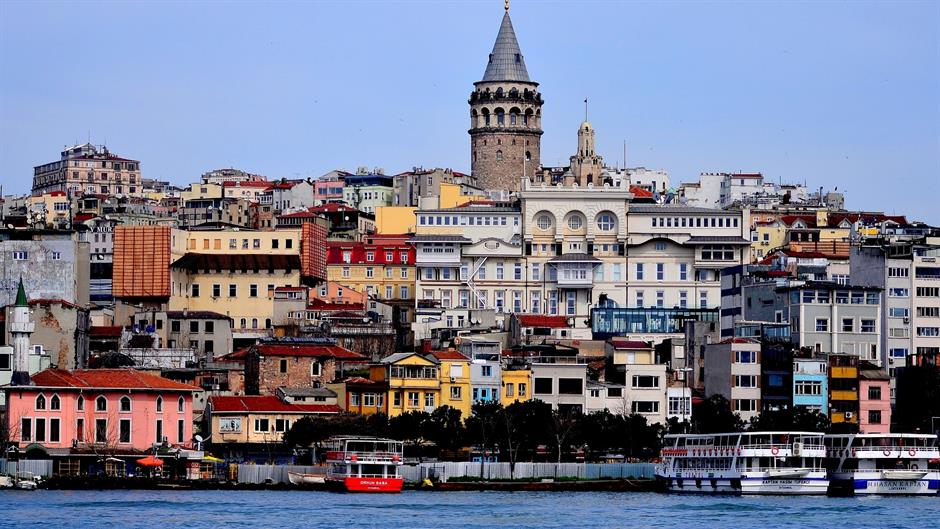
A Turkish court acquitted defendants Tuesday over the 2013 protests in Istanbul's Gezi Park -- a high-profile trial criticized by rights groups as part of the government's crackdown on dissenting voices.
The defendants included the businessman and philanthropist Osman Kavala who, along with two others, was facing a life sentence for allegedly attempting to overthrow the government.
Seven of the 16 defendants in the case are living abroad and were being tried in absentia. Arrest warrants against those seven have been lifted, and they are expected to be officially acquitted if they return to Turkey.
The court ordered the release of Kavala, who has been held in pre-trial detention since November 2017. He has always maintained that he took part in a peaceful demonstration to save the green space in central Istanbul from developers.
In December last year, the European Court of Human Rights ruled that Kavala had been arbitrarily detained. Amnesty International said the case was part of the government's "relentless crackdown on dissenting voices."
Following Tuesday's verdict, Amnesty International campaigner for Turkey, Milena Buyum, expressed her "huge relief" on Twitter. "What was clear to the entire world was also the conclusion of the court," she wrote.
Similarly, Istanbul's Mayor, Ekrem Imamoglu, wrote on Twitter that the "acquittal of all the defendants in the Gezi Park trial is a true source of joy, and restores trust in the Turkish judicial system."
What were the 2013 protests about?
The Gezi Park protests almost seven years ago began over a plan to turn a small park in central Istanbul into a shopping mall.
Conservationists and campaigners held sit-ins in and around the park, which were broken up by riot police brandishing tear gas and water cannons.
The demonstrations quickly morphed into larger anti-government rallies across Turkey.
The confrontation came at a delicate time in then-Prime Minister and now-President Recep Tayyip Erdogan's leadership. Erdogan, who was serving his third term in office, had been criticized -- even by his allies -- for trying to impose changes without first seeking public input.
The Gezi Park plan represented the final straw for many Turks, who accused the government of trying to impose its will whenever and wherever it wanted.
CNN's Mostafa Salem contributed to this report
Kakvo je tvoje mišljenje o ovome?
Učestvuj u diskusiji ili pročitaj komentare





 Srbija
Srbija
 Hrvatska
Hrvatska
 Slovenija
Slovenija







